Dear Possum, may the darkness keep you, as loyal to you as you are to it. May it protect your passage like fur, may it soften your hard living with kindness. May the rubbled, decaying floor of the earth be your feast, and may you be absolutely capable. There is no situation in which you could not survive, for death does not frighten you; you practice it constantly. May only the trees know you, beckoning you up into their firm, round arms. Mouth like a shark, nose like a pig, tail like a rat, womb like a kangaroo, may you live independent of every norm, blissfully unknown and therefore free. Adorable little nightmare, thank you for cleaning up.
Dear Butterfly, may you sleep the sleep of the dead, without work, without plan. May the place of your sleeping never be found, warm in your webbing. May the perfect stillness of winter, strung as tightly as the strings of some angel instrument whose song (like snow’s) is only imagined, keep you whole. May the taste and the seeking of sweetness evolve in you slowly, but surely, as sure as the days grow long again, and may the colors of your ancestors pattern your new, folded sails— at first in flashes, like dreams, and later set in geometric certainty, like stained glass. When you emerge, may the sun fill your wings, and may the breezes all be gentle. May the spiral of your longing unfurl amidst petals and surprise you with a joy that caterpillars are unequipped to feel. Thank you, for proving that flowers can fly.
Dear Owl, may your eyes light all the world, but with subtlety, like moonlight. May you hear the whispering ghosts and the small, warm-blooded answers, and may you know the difference. May you trust your knowing. May the darkness love you, and feel warm to you, and carry your fluffy wings like the sleeping breath of gods soon to be reborn. May you find your lover in the bottom of the night, in the center of the winter, in that cold time when the weeping is over and broken hearts lie open, and any sound at all sounds like the oldest desire. That knocking, echoing hoot in the blackness, that boom in the belly. May your lover’s feathers feel as soft as your own. May your talons strike true. Thank you for your sound and for your silence: for meaning in the darkness.
Dear Chipmunk, may your warm room be filled with the delicious fruits of your labors, and may your space be just yours, as you like it, and may you rest now, knowing you’ve earned it. May you own this cocoon, all cozy, and blanketed by earth which freezes and hardens to wall out danger—but turns to you, inside, its warmer, friendlier face. May you be safe, your midnight snacking unheard and unashamed. May the roots of trees wind their living presence around you, keeping you with their silent song of wholeness, and may the dirt taste like their love, and may you dream wise with their wisdom. And may your heartbeat slow, and slow, and your breathing relax, until that beat is the same as the earth’s, or feels that way. May you know the peace that only a wintering chipmunk knows. Thank you, for the tenderness we feel, just to think of you.
Dear Snake, may the cold not hurt you, because it becomes you. May the sun be the thing you rise with, the thing that is simply life, as in the days of old. May you sleep with your fellows in some vast den under my barn that would terrify my neighbors, but I don’t mind. I like to think of you, wound together like guts in the earth, a collection of lightning, power of medicine and death, all your potential unseen, unheard, unmeant for us and yet more thrillingly symbolic than anything we know. And when you are sleeping, this winter, may you never be found, and may you keep the earth pure, may you keep it holy. And when you slide out in spring, like small thawing rivulets of hot water, into the grass and into the seeps and into the low, curvaceous ground, may we leave you to your lowness, thinking ourselves so high—may we leave you there, oblivious to your glory, and let you live.
Whoever your animals may be, the animals of your place, wherever you are—in your trees and your frozen grasses, beneath your floors and your eaves, webbed softly between your stones and frozen quiet under your streams—may they rest undisturbed, may their darkness be unpolluted, may they be free to live their natural ways in the wholeness of the beauty they were born to.
And you, too, whoever you are, may the animal in you—whichever one reflects the innocence within you at this moment—be cherished, the object of your most perfect compassion, your most humble respect. May you hold your own space sacred. May the darkness of the longest night hold you safe, and may the light, when it returns, return you to your true self, the wild one, the one who recognizes sweetness (though before the cocoon, you never even noticed flowers, you only looked for leaves), the one who knows the way now, without knowing how you know it.
(photo-- cropped from photo by John Bedell for cover of Beauty, by Mindi Meltz)
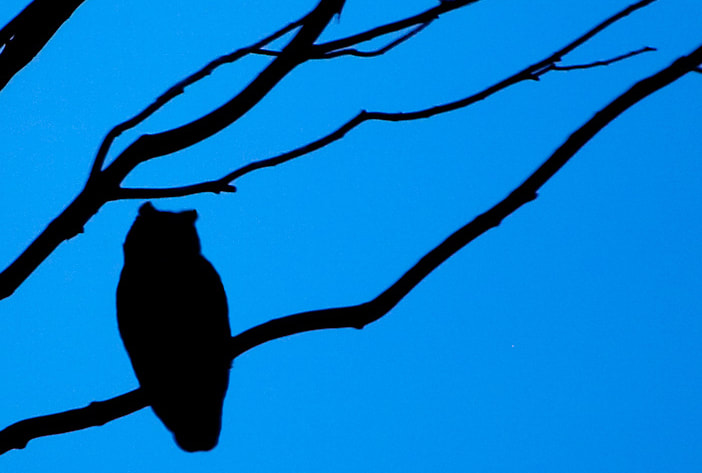
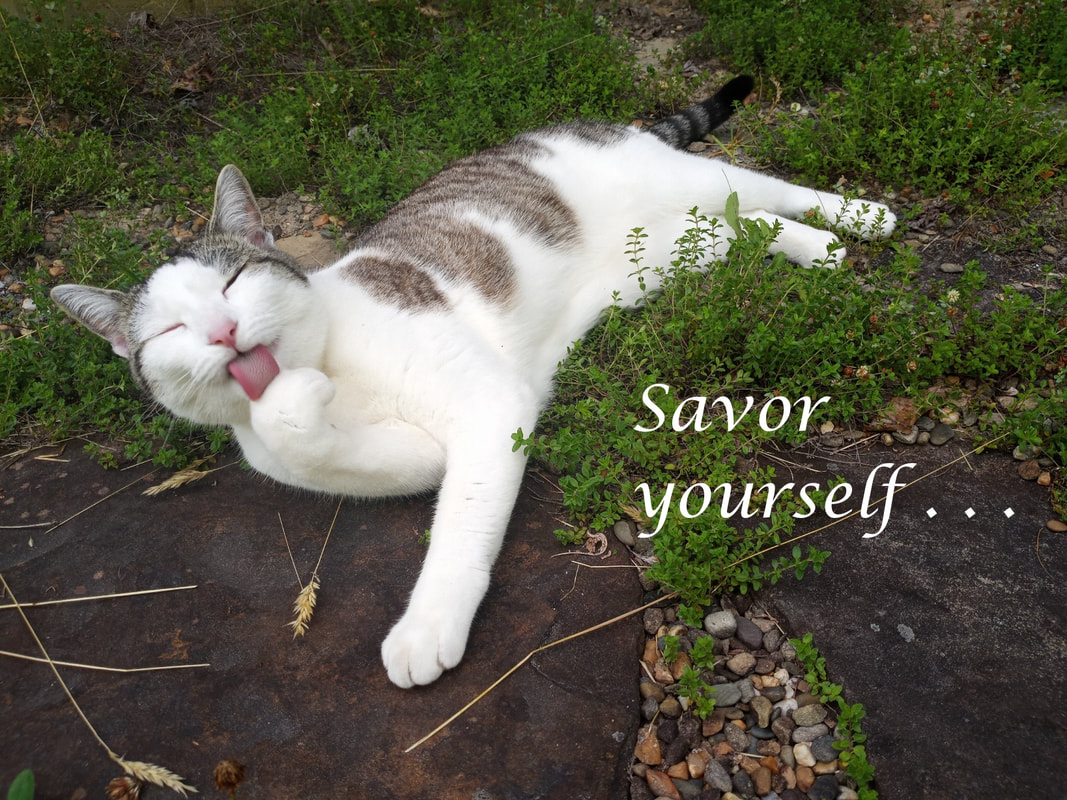
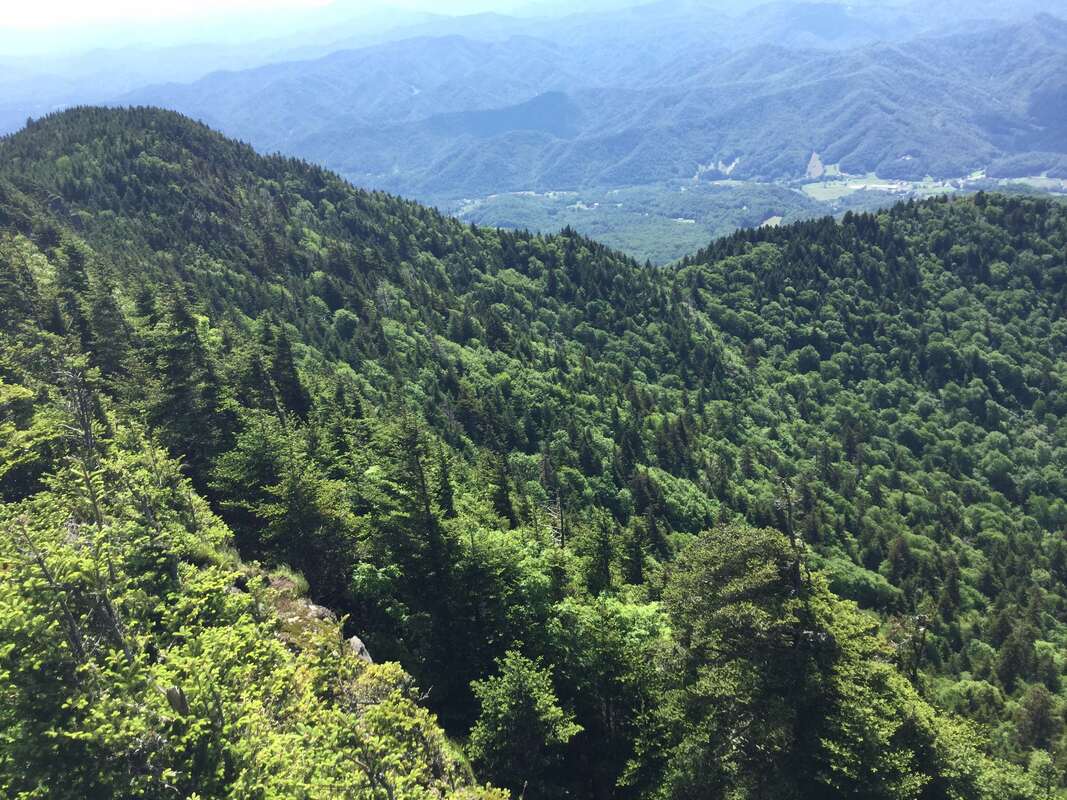
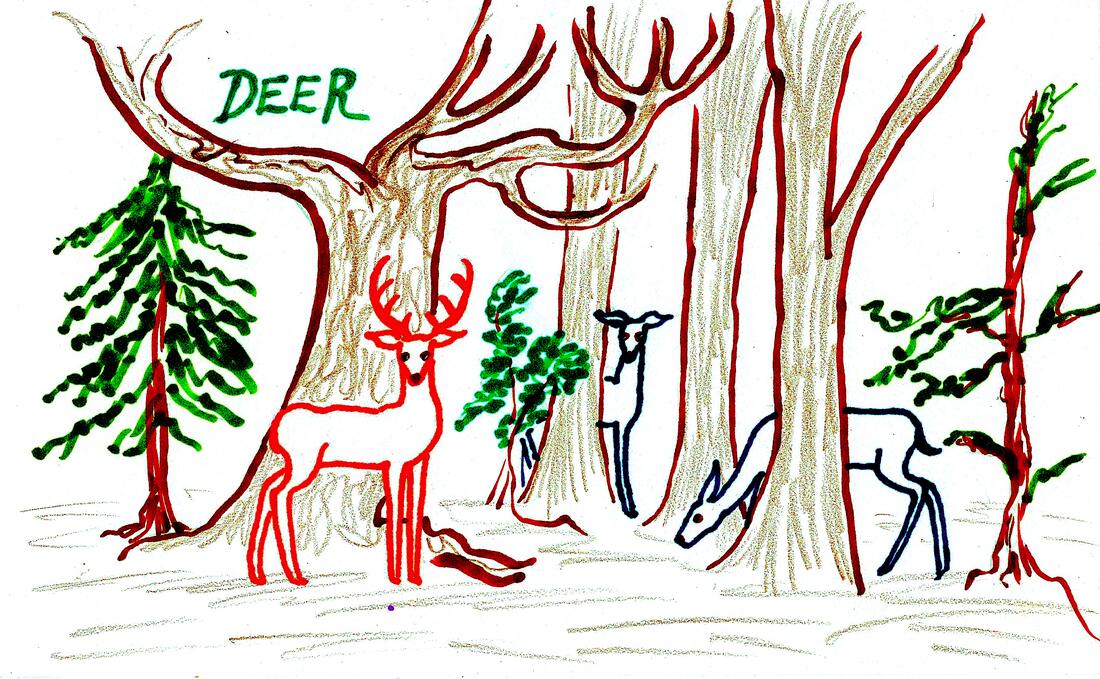
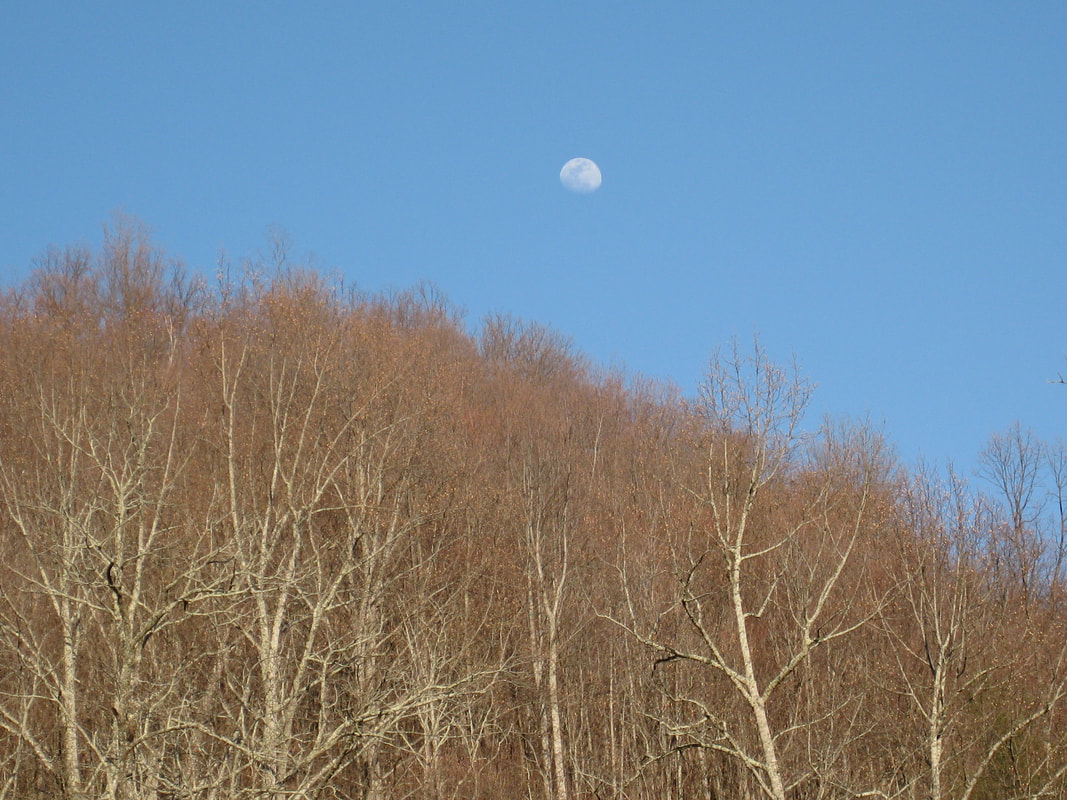
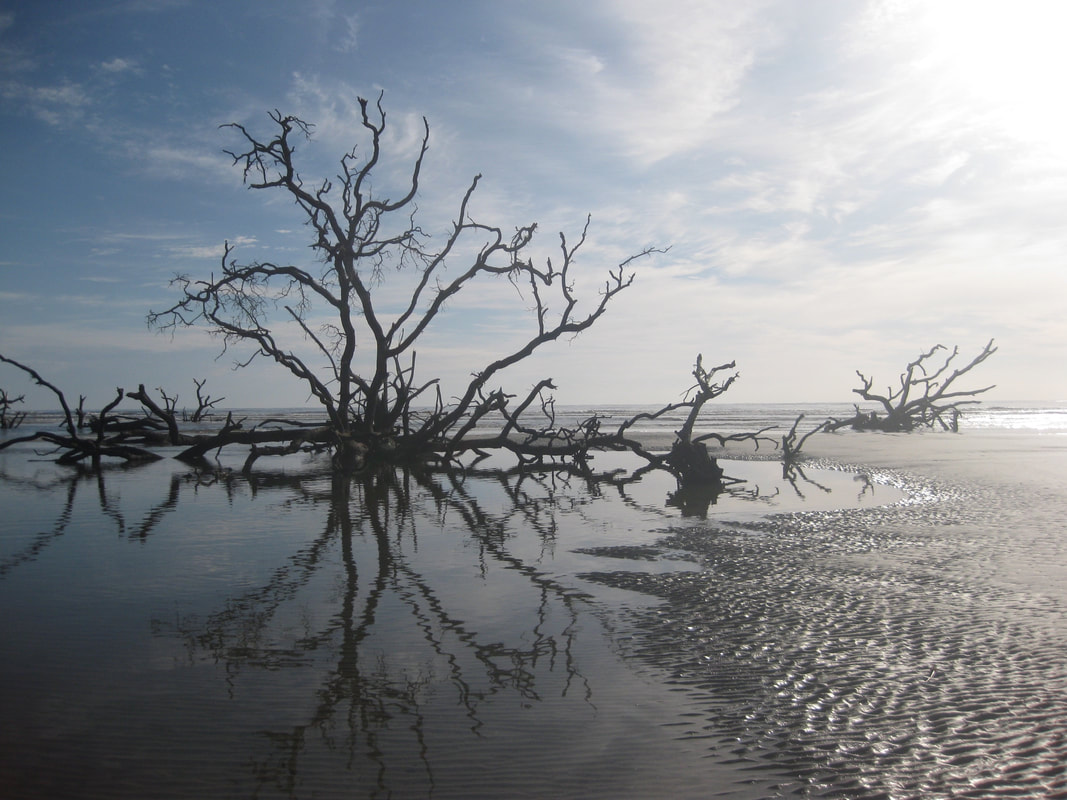
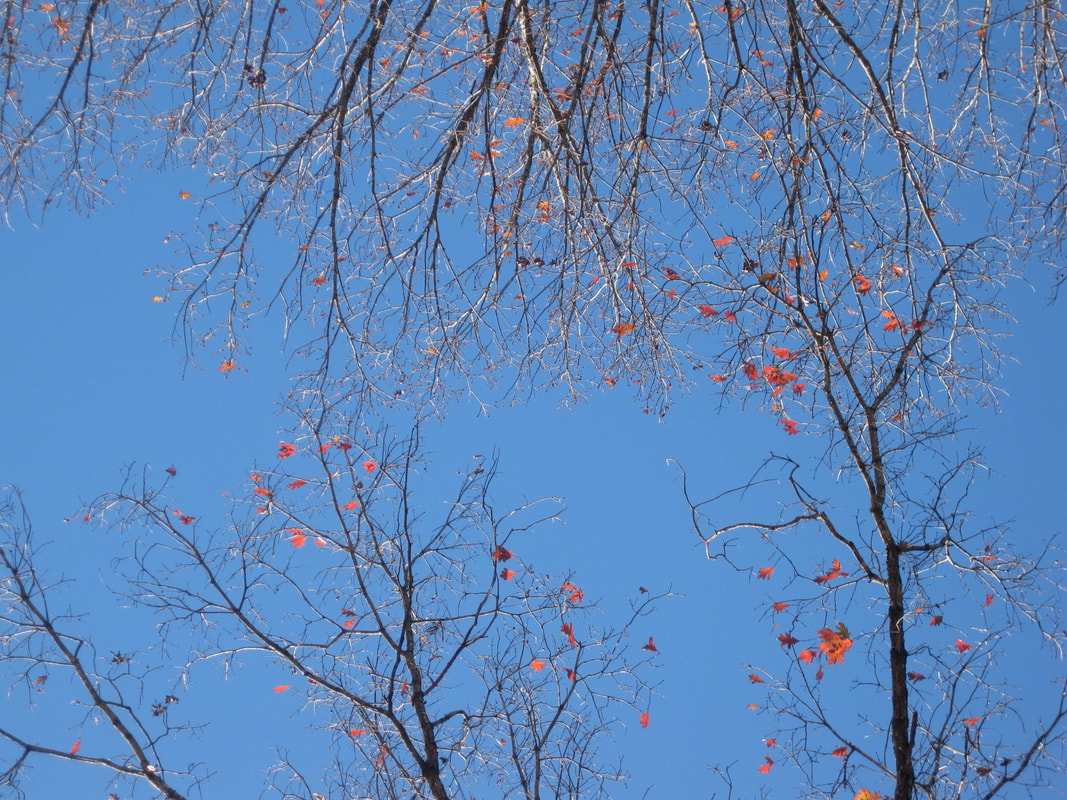
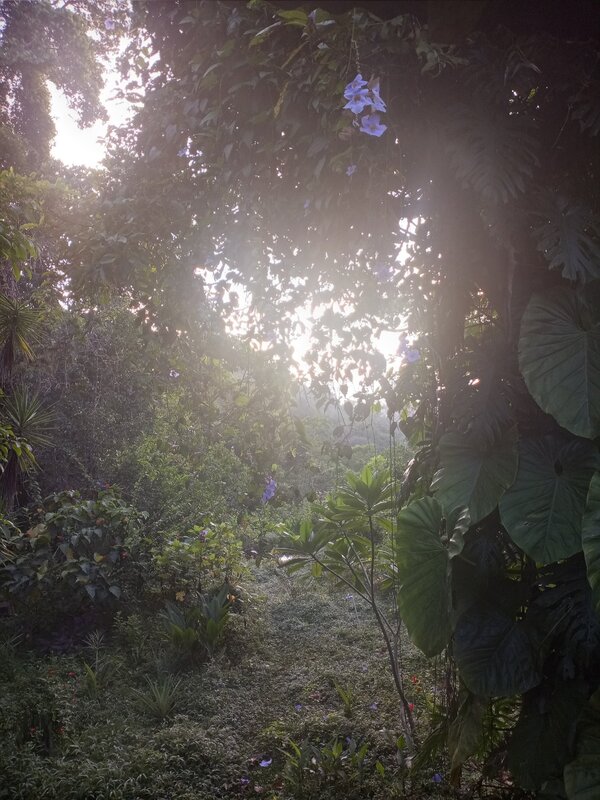
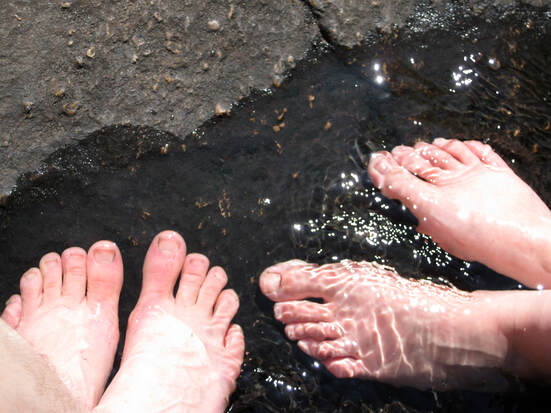
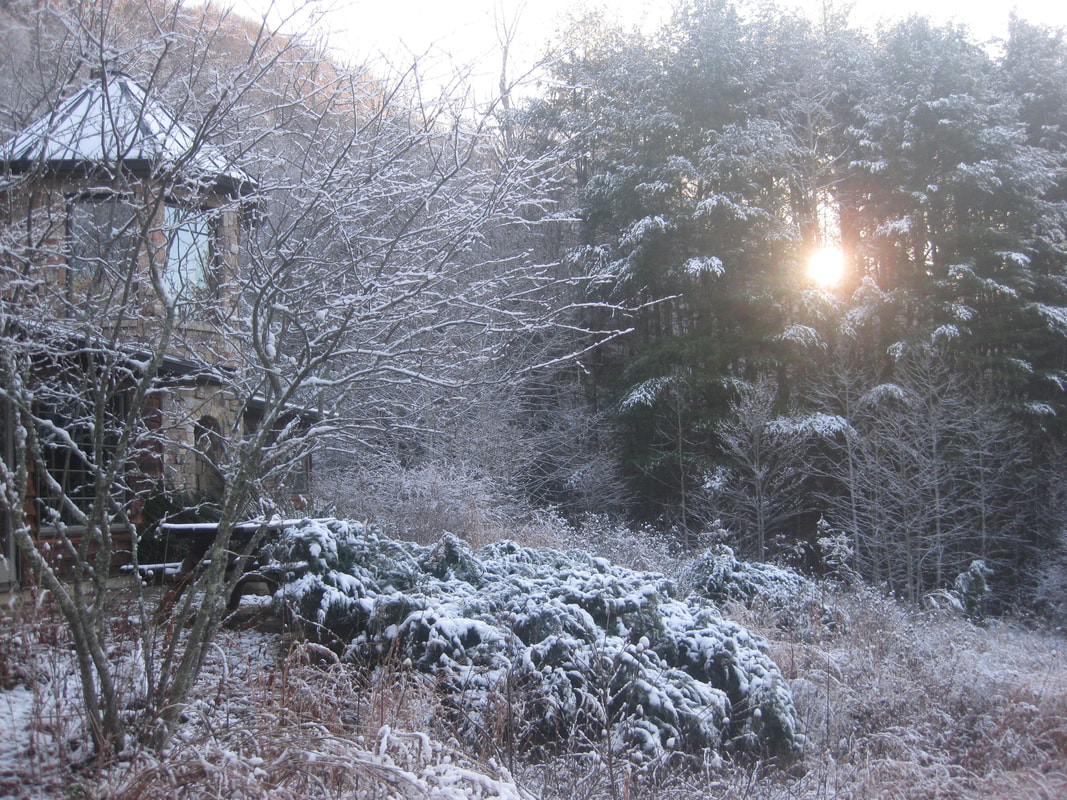

 RSS Feed
RSS Feed
